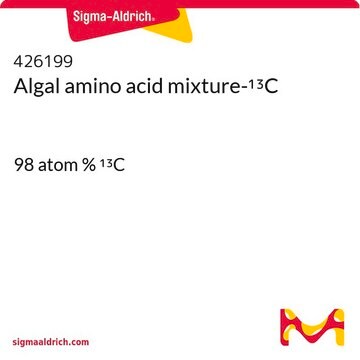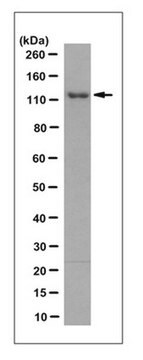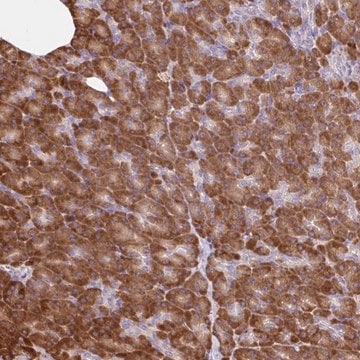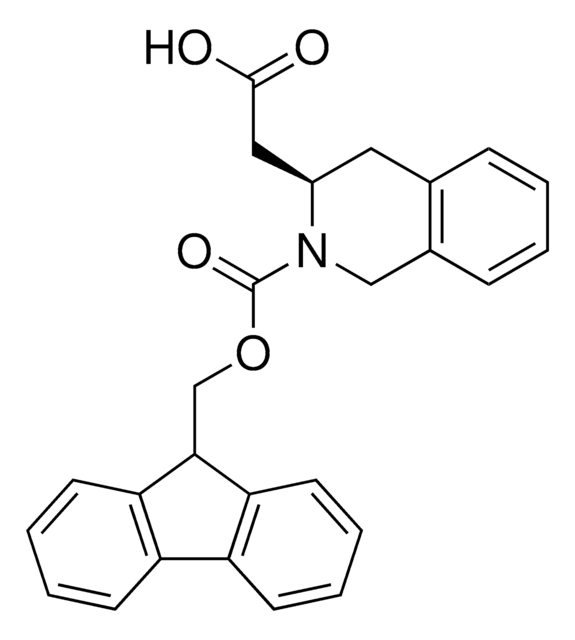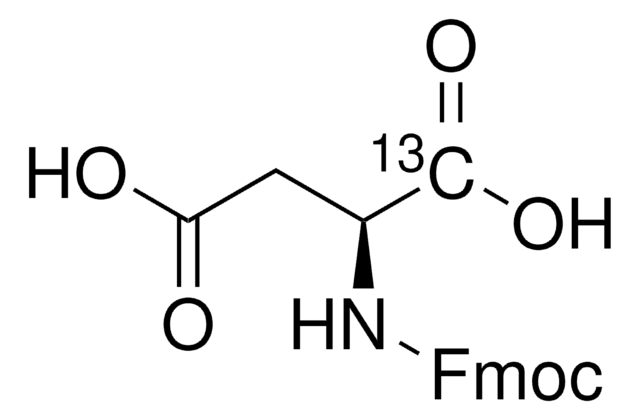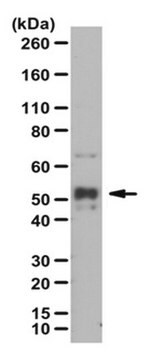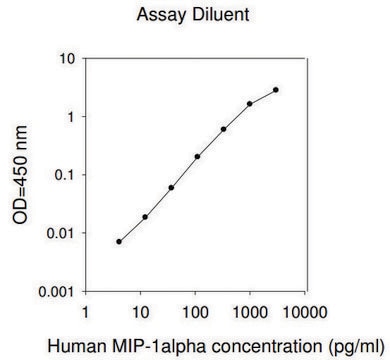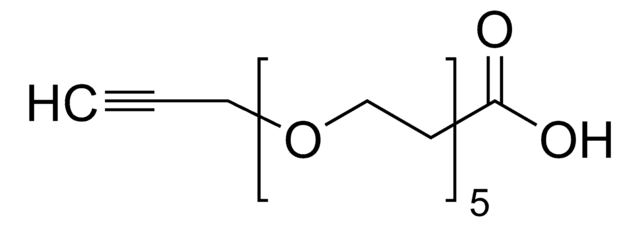ABS233
Anti-PI3 Kinase p85 Antibody, N-SH2 domain
from rabbit, purified by affinity chromatography
Synonym(s):
Phosphatidylinositol 3-kinase regulatory subunit alpha, PI3-kinase regulatory subunit alpha, PI3K regulatory subunit alpha, PtdIns-3-kinase regulatory subunit alpha, Phosphatidylinositol 3-kinase 85 kDa regulatory subunit alpha, PI3-kinase subunit p85-al
About This Item
WB
western blot: suitable
Recommended Products
biological source
rabbit
Quality Level
antibody form
affinity isolated antibody
antibody product type
primary antibodies
clone
polyclonal
purified by
affinity chromatography
species reactivity
human, rat
species reactivity (predicted by homology)
mouse (based on 100% sequence homology), monkey (based on 100% sequence homology), bovine (based on 100% sequence homology)
technique(s)
immunoprecipitation (IP): suitable
western blot: suitable
NCBI accession no.
UniProt accession no.
shipped in
wet ice
target post-translational modification
unmodified
Gene Information
bovine ... Pik3R1(282307)
human ... PIK3R1(5295)
mouse ... Pik3R1(18708)
rat ... Pik3R1(25513)
rhesus monkey ... Pik3R1(698996)
General description
Specificity
Immunogen
Application
Immunoprecipitation Analysis: 5 µg from a representative lot immunoprecipitated PI3 kinase regulatory subunit alpha isoforms from 500 µg of Jurkat cell lysate.
Western Blotting Analysis: 2 µg/mL from a representative lot detected PI3 kinase regulatory subunit alpha isoforms in 10 µg of Jurkat cell lysate.
Signaling
Developmental Signaling
Quality
Western Blotting Analysis: 0.5 µg/mL of this antibody detected PI3 kinase regulatory subunit alpha isoforms in 10 µg of rat brain tissue lysate.
Target description
Linkage
Physical form
Storage and Stability
Analysis Note
Jurkat cell lysate
Other Notes
Disclaimer
Not finding the right product?
Try our Product Selector Tool.
Storage Class Code
12 - Non Combustible Liquids
WGK
WGK 1
Flash Point(F)
Not applicable
Flash Point(C)
Not applicable
Certificates of Analysis (COA)
Search for Certificates of Analysis (COA) by entering the products Lot/Batch Number. Lot and Batch Numbers can be found on a product’s label following the words ‘Lot’ or ‘Batch’.
Already Own This Product?
Find documentation for the products that you have recently purchased in the Document Library.
Our team of scientists has experience in all areas of research including Life Science, Material Science, Chemical Synthesis, Chromatography, Analytical and many others.
Contact Technical Service